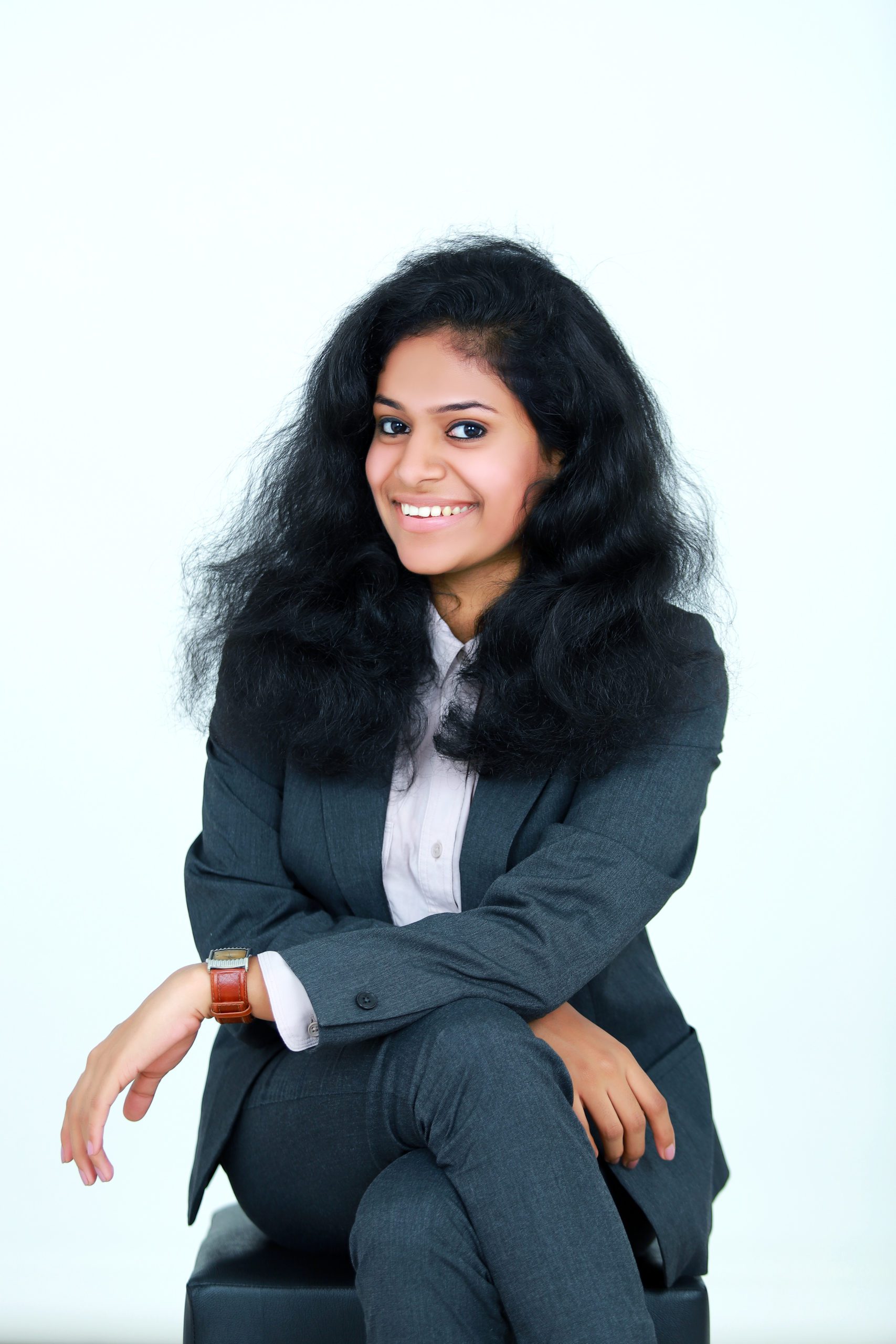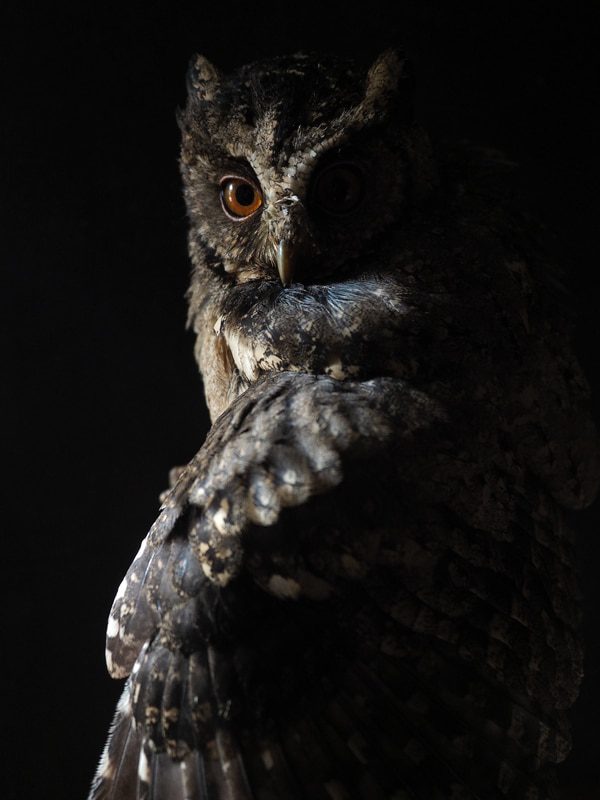
Could An Ancient Instrument in Combination with Modern Medicine Hold the Secrets to Healing?
At the age of four, it was undeniable to young Tara Rajendran that her 60-year-old grandmother’s battle with lymphoblastic leukemia was tragically ending. Although too young to fully understand, she could sense the impending separation and dread during the moment. Tara could see and empathically feel that her beloved maternal grandmother’s body was ravaged with anxiety and pain from cancer. At this time, the only comfort to her grandmother was the beautiful, soothing Indian classical music compositions that played bedside through a simple red tape recorder.
When her grandmother passed away in 1998, Tara never forgot the healing power of music as medicine and has since devoted her life to reshaping India’s healthcare infrastructure to include India’s rich musical heritage as a science-based therapy. In her interview with Top Doctor Magazine, Dr. Tara Rajendran discusses her fascinating journey as both an accomplished musician and doctor and her international lecture-concert series, Oncology and Strings.
Musical Child Prodigy
After her grandmother’s death, Dr. Rajendran’s connection to the power of music immediately intensified. At the age of 7, she was already making a name for herself in the Indian classical music world with her solo vocal recitals, which were lauded by erudite classical music audiences and critics. But her incendiary talent in the 7-stringed Saraswati Veena, India’s national instrument, catapulted her to generational talent status at the age of 11. She would go on to have legendary performances of Indian classical music virtuosity on the notoriously difficult Saraswati Veena, including a national broadcast on All India Radio.
The Intersection of Music and Medicine
Dr. Rajendran displayed academic brilliance even while pursuing a demanding dual academic schedule of Medicine and Music. However, when her medical training began, she decided to pause music and devote complete focus on medicine — not an easy choice for any talented med student but especially difficult for Dr. Rajendran, an acclaimed performer of Indian classical music. On her 9-month clinical hands-on clerkships in Oncology from Ivy League institutions like Weill Cornell, Harvard Medical School, and Stanford Medicine, she met her mentor, Dr. Anthony D’Amico, the advisory dean of Harvard Medical School. Dr. D’Amico is a radiation oncologist who pushed Dr. Rajendran towards reconnecting to her Indian classical music roots and exploring the intersection of music and medicine.
Oncology and Strings
In 2019, Dr. Rajendran started an ongoing international lecture-concert series, Oncology and Strings. The series aims to reshape the international healthcare infrastructure to include instrumental music therapy, like the music she performs on her Saraswati Veena. The unique stringed instrument itself is a member of the lute family but has several unique acoustic tonal properties. The playing technique on the instrument requires the most gifted and trained musical hands to perform Indian classical music, which has origins dating back to at least 1700 B.C. The twenty-four frets of the seven-stringed instrument represent the 24 pre-sacral vertebrae of the human spine and have long been associated with religious and mythical connections. The unique curvatures in the construction of the Veena allow for a high degree of glissando, something that in the hands of the right performer can evoke gorgeous, transcendent emotional phrases and melodies. The Veena can produce music with ethereal qualities like the sounds of the inimitable Chitti Babu, the masterful performer whose healing music played on the Panasonic tape recorder next to Dr. Rajendran’s ailing grandmother in 1998.
Repeatability and Reproducibility
Oncology and Strings is also meant to educate the international medical community on the scientifically studied randomized control tests of music therapy for specific diseases. “For example, Mozart’s K448 [Sonata for Two Pianos] has been studied for over two decades and has been shown to help pediatric patients with epilepsy.” Music therapy began after World War II, but Aristotle and Plato mentioned music as therapy thousands of years ago. Today, one problem is that music therapy studies are often culturally based. For India, it may be true that Indian classical music on the Veena could be more impactful in many cases. One of the goals of Oncology and Strings is to get international medical students, researchers, and cancer centers to start several randomized control studies so that more advances can happen in medically defined music therapy.
The Future of Palliative Oncology Infrastructure
Dr. Rajendran tells Top Doctor Magazine that her ambitious international project, Oncology and Strings, advocates for more than just the patients and the doctors. She intends to push India to have NMC accredited music therapy academic training programs for creating health care professional pathways for India’s near future. She also lends free musical clips to play classical Indian music passively in hospitals, palliative care centers, waiting rooms, and operating rooms. She reminds us that suicide rates in physicians were at a critical level before the COVID-19 pandemic, and in lower-middle-income countries like India, physician burnout leading to suicide or severe depression is an underserved epidemic on its own.
Dr. Rajendran thinks that medical students should think twice before totally abandoning their artistic gifts and that reimagining the need for music in the international healthcare infrastructure is a movement that is gaining traction by the day. She tells Top Doctor Magazine, “Maybe somebody like me, as a young medical student, a young Tara, reads this and says… I want to be like her.” Watch for more from this compassionate trailblazer’s blossoming career: she is also an accomplished and published writer for a New York-based international human rights organization. Currently, she is pursuing a Ph.D. with a dissertation focusing on the “Evolution of the use of Indian classical music in medicine.”






0 Comments